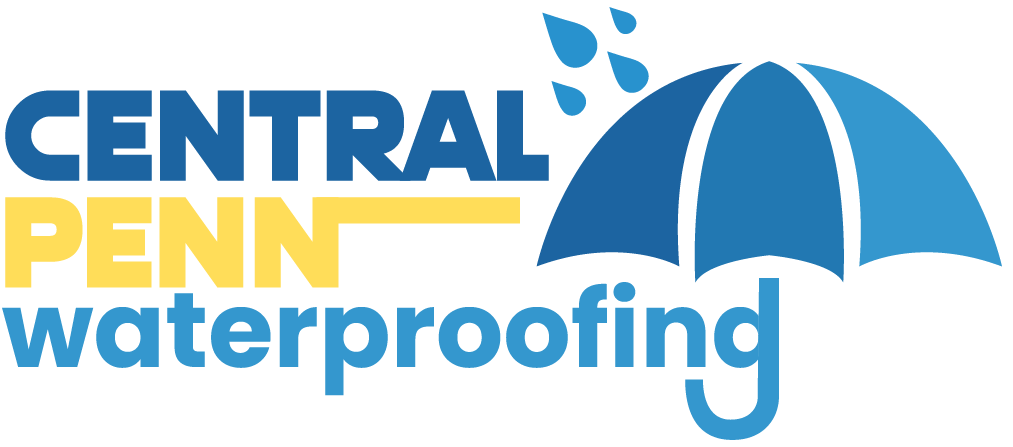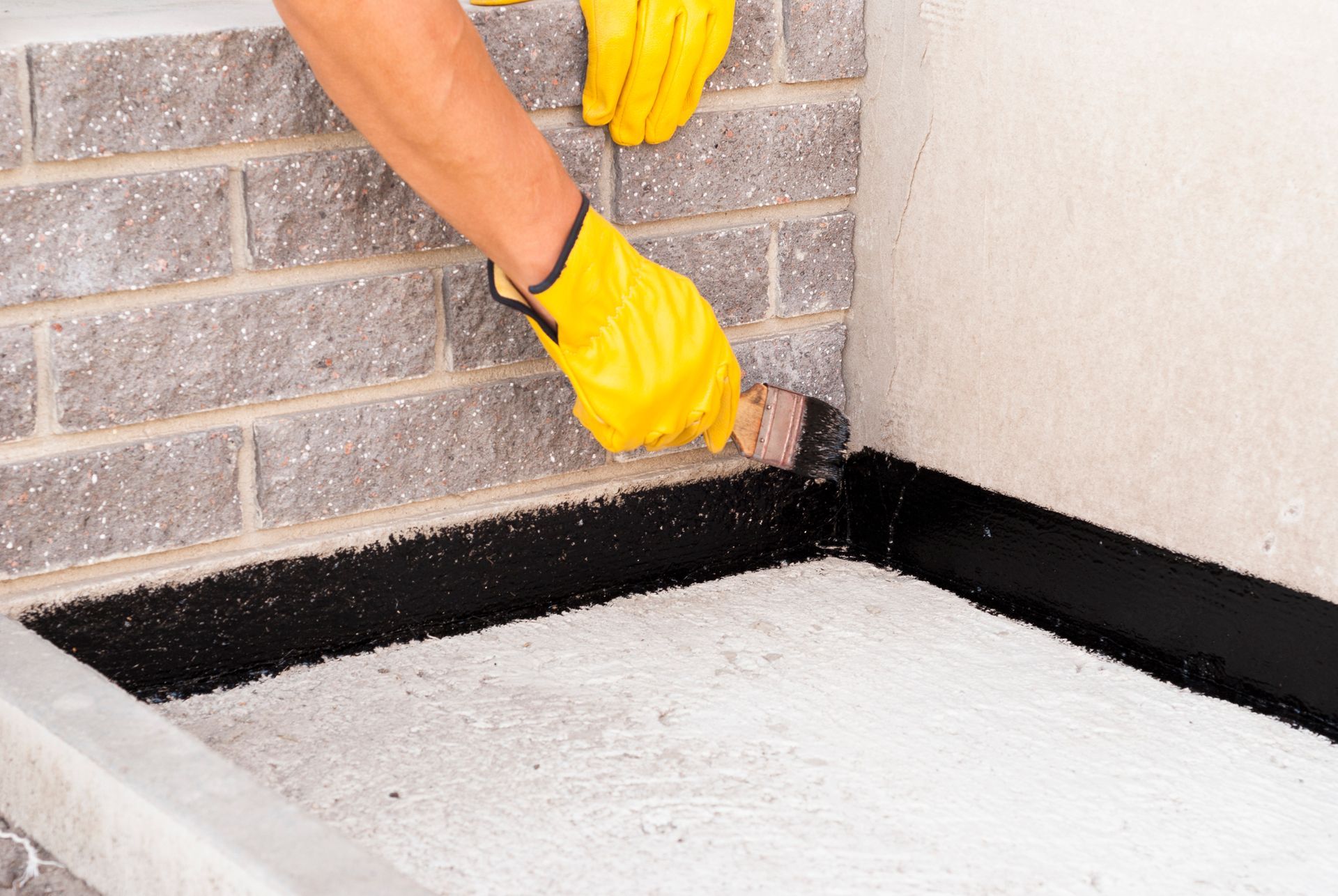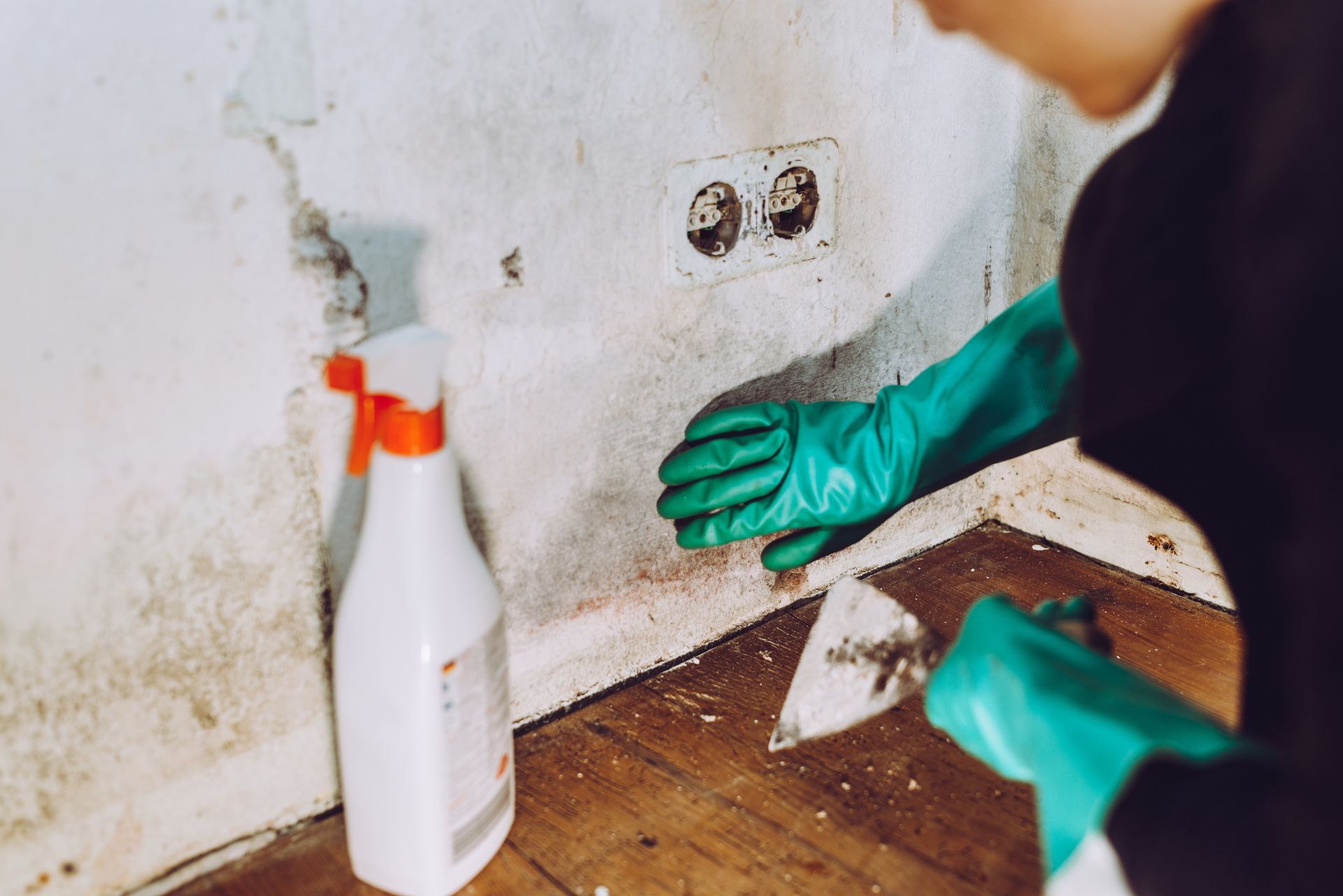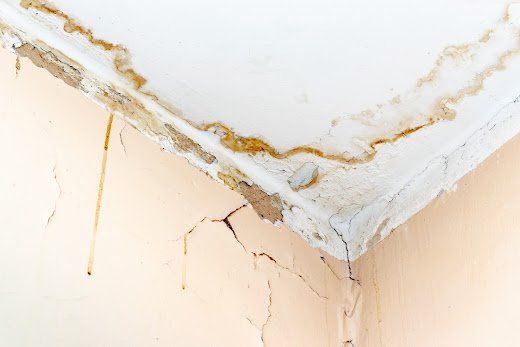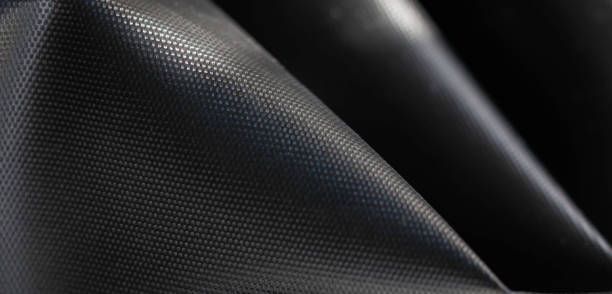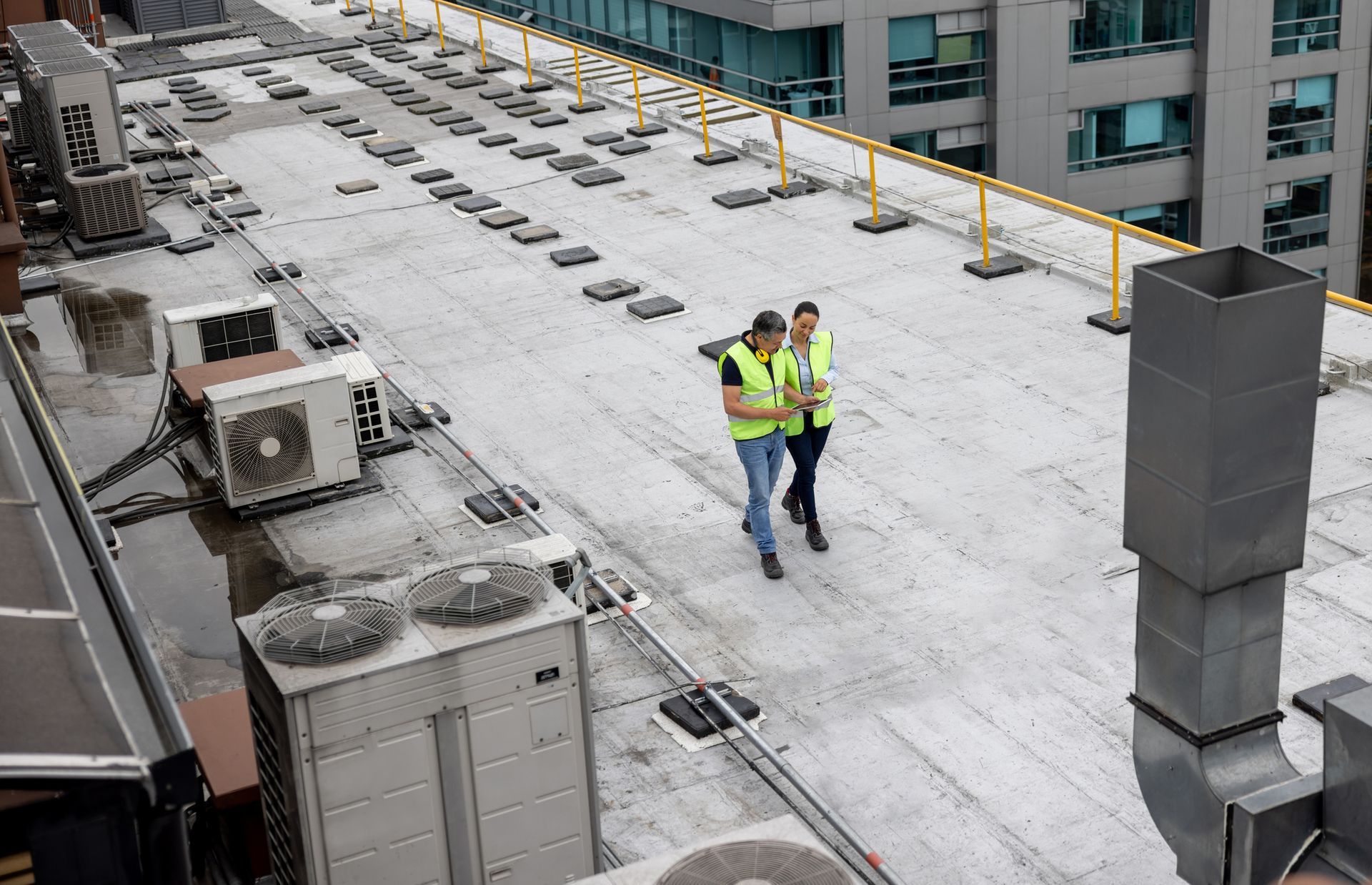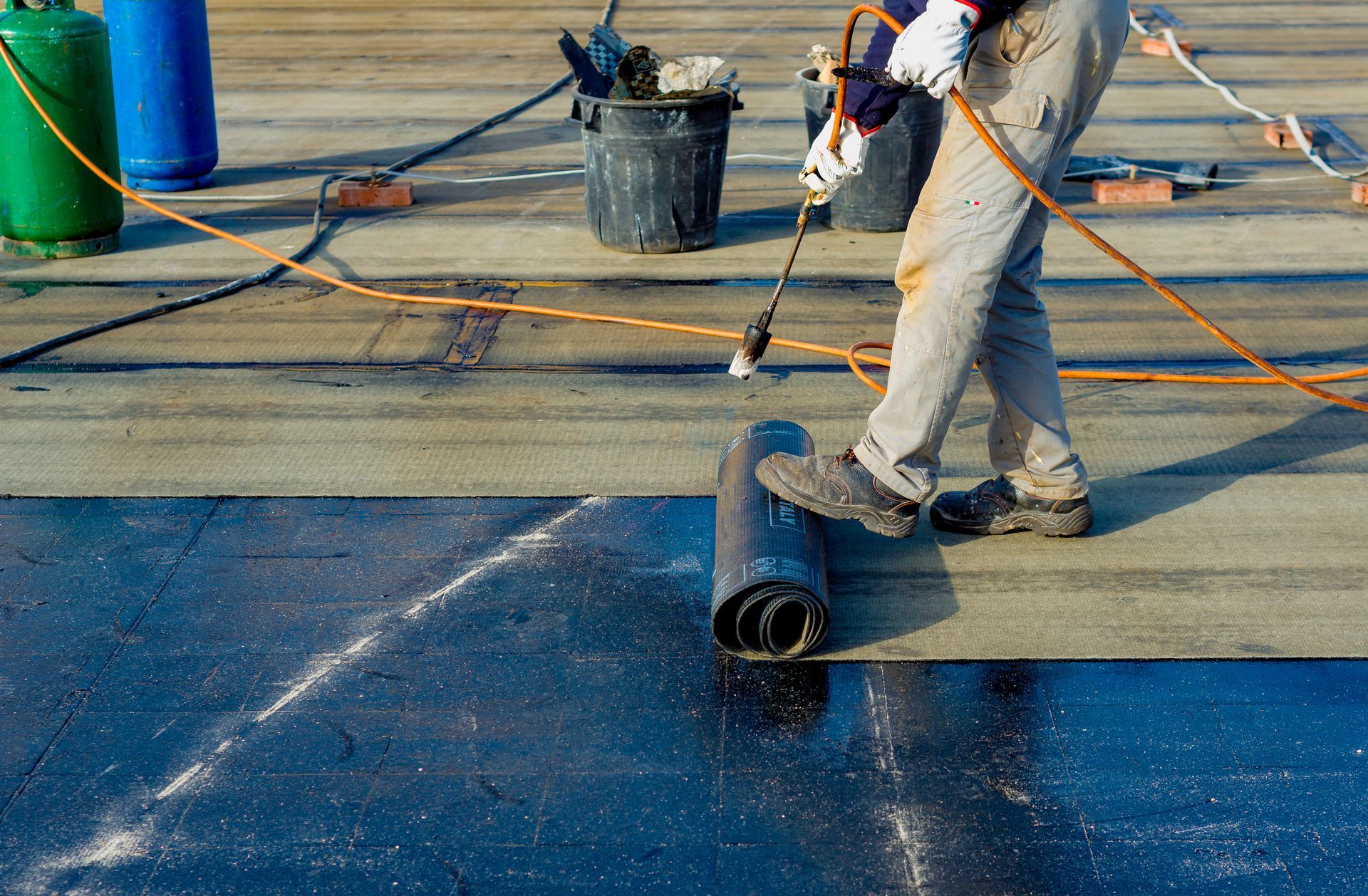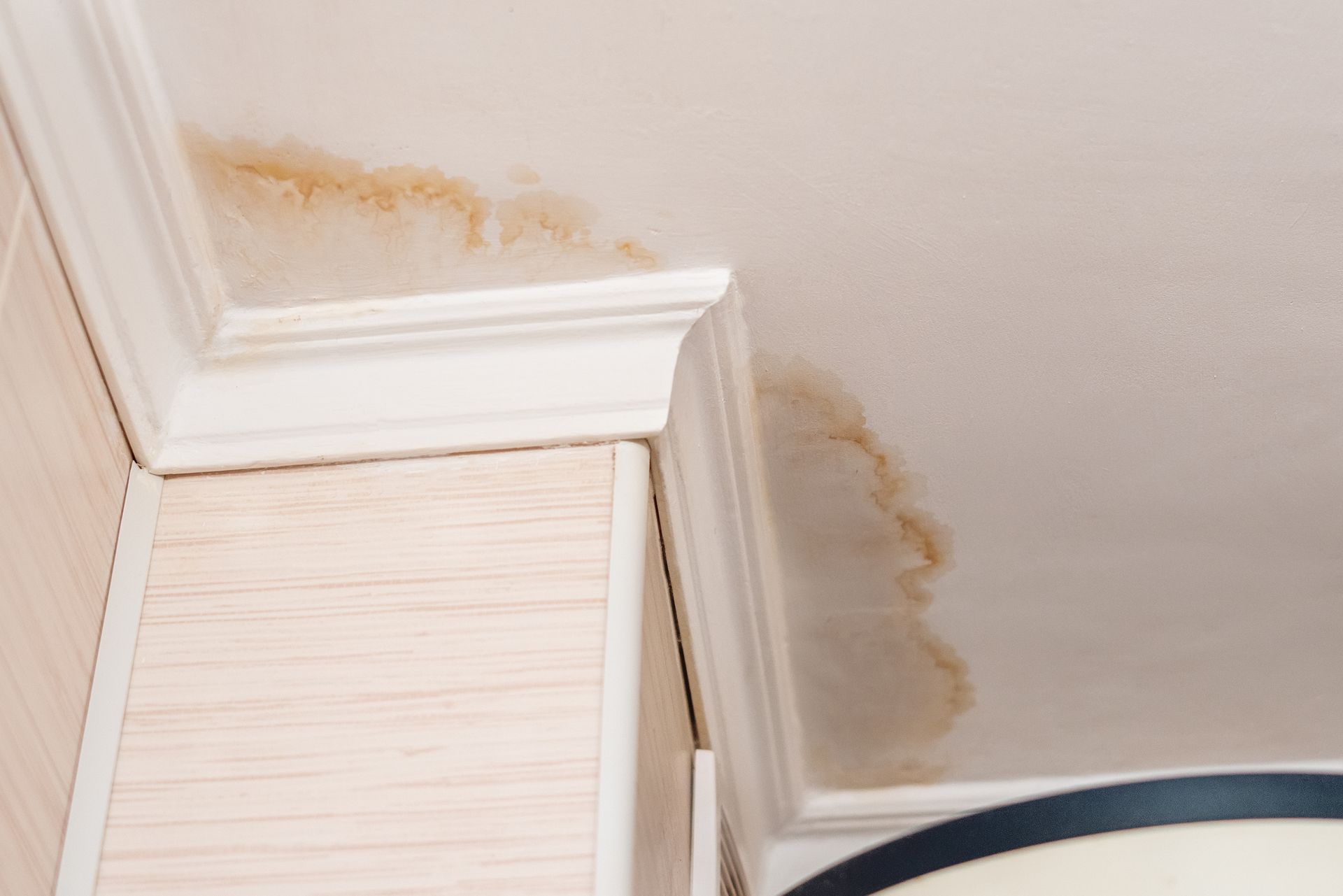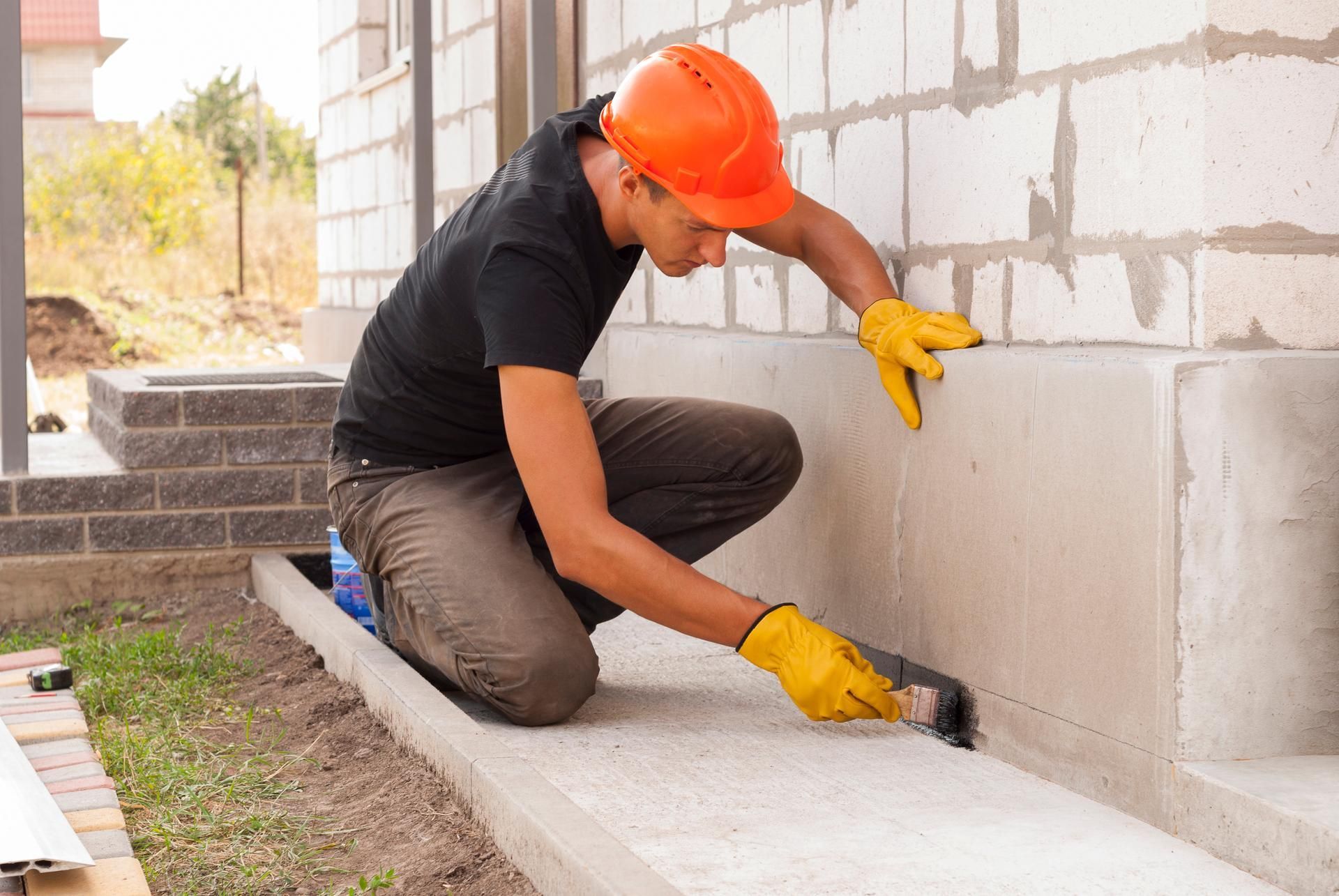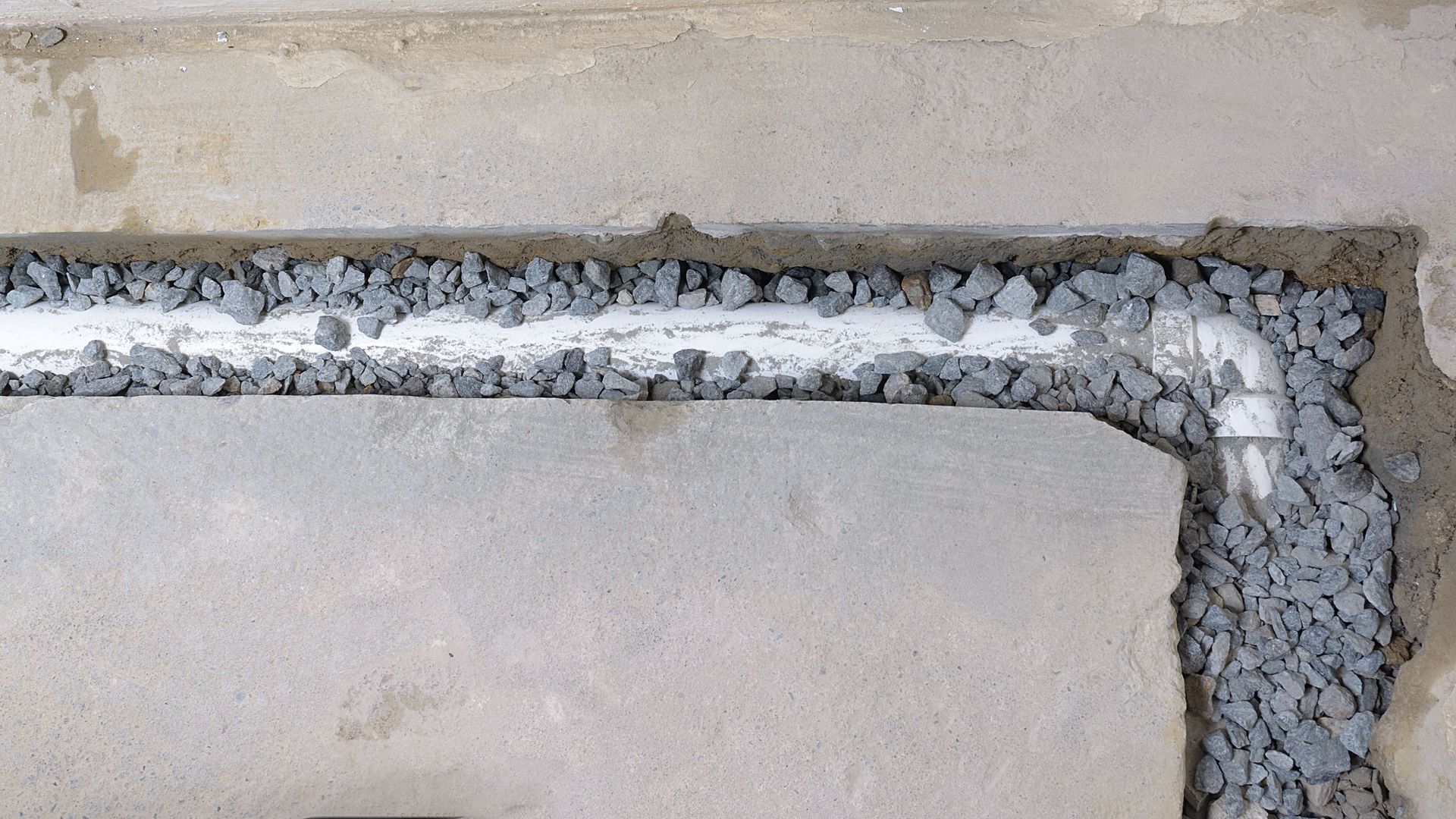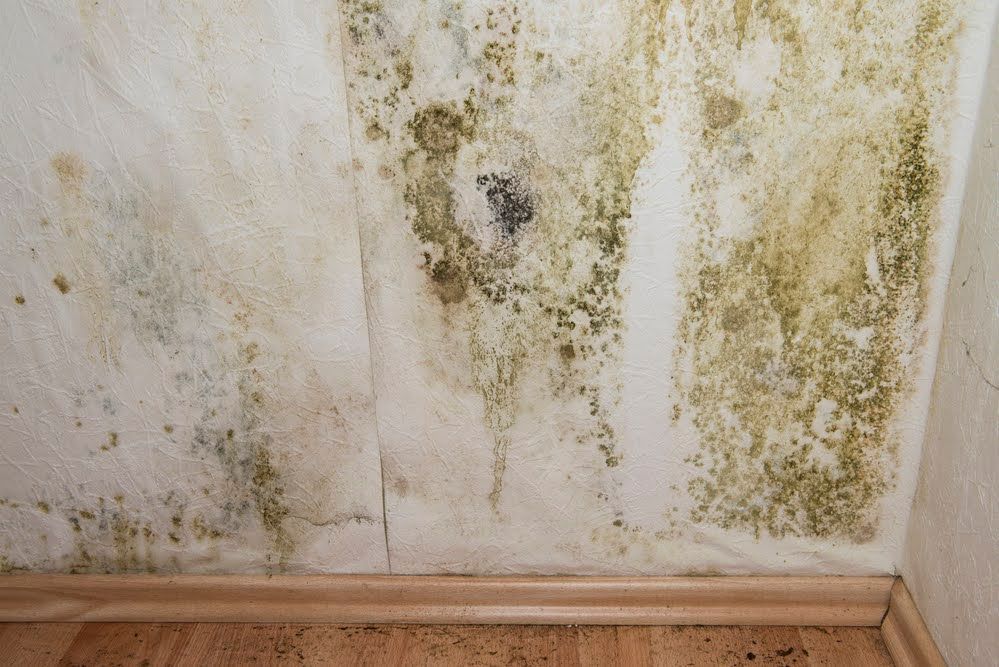Most Effective Steps to Waterproof Your Property
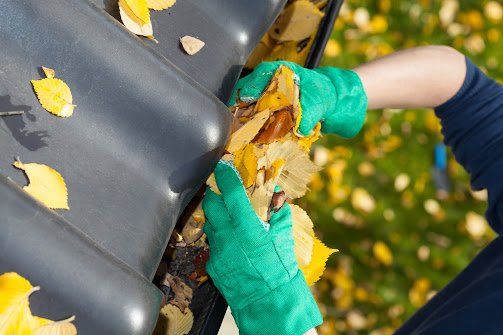
As a property owner, keeping the inside and outside of your home safe and protected from damaging elements helps you prevent expensive and bothersome repairs. For instance, when exterior walls get high humidity and rainwater, moisture travels through their masonry foundation, damaging the walls. As such, to prevent these problems, embrace a reliable waterproof method.
Inspecting Walls for Faults
When it rains, walls become damp due to moisture. Before looking for a waterproof product, the first thing to do is inspect walls for faults. Look for cracks within bricks and condensation inside walls. Also, check for burst water pipes and any leaking plumbing lines. This way, you'll be able to determine if rainwater or moisture is causing the walls to damp or its other causes.
Cleaning Gutters
While the work of gutters is to carry water away from your roof safely, dirty gutters can cause dampness. Dust and dirt fill up the guttering system, which leads to obstruction and does now allow water to flow. When water lacks a place to go, moisture accumulates and condenses depending on the current weather condition.
When this happens, moisture penetrates through the walls causing dampness or a complete fall of a house. Also, gutters can cause dampness in others ways besides failing to carry water away. For example, blocked or degrading gutters can cause dampness due to moisture accumulation.
At the same time, excess water penetrating wall cracks will also cause dampness even when gutters function correctly. All the same, clogged drains also lead to dampness because of retaining rainwater in the clogs. Clogged gutters also lead to pest infestation, rotten woods, leaks, molds, and mildew. Therefore, to avoid these problems, regularly clear your drains.
Installing Waterproof Plaster Additives
While waterproofing your property, you'll also want to complement its aesthetics, and when that happens, installing waterproof additives will get you sorted. A waterproof plaster additive helps improve your property aesthetics and makes walls strong. The same also protect walls against moisture damage. Moreover, add a waterproofing admixture to make most plaster waterproof additives effective.
With the right waterproof admixture, you'll improve your suitable waterproof additive's workability. For example, concrete is the best waterproof additive option that works better with most admixtures. When mixed with admixtures, concrete waterproof improves its cohesion properties, protecting walls and other areas within your house.
Moreover, concrete waterproof and an admixture prevents water and other liquids from penetrating. Also, the same prevents vapor penetration, hence preventing the condensation or evaporation of moisture, resulting in dampness. Even better, waterproof concrete doesn't dry out over time like others.
Choosing Suitable Waterproof Materials and Working with Professionals
In general, the choice of waterproof method and materials you use depends on your budget and the design of your house. Nonetheless, the following are the best waterproofing materials:
Polyurethane
Polyurethane is the best waterproofing material for good reasons. Unlike others, polyurethane penetrates walls into their deepest ends. Because of its ability to penetrate walls, Polyurethane will penetrate cracks evenly, which reduces water absorbency capabilities.
On top of that, Polyurethane is resistant to oil and other detergents. This way, it perfectly prevents dampness regardless of the type of fluid getting into walls.
Cementitious Coating
Besides Polyurethane, a cementitious coating is the second-best waterproofing material. It's the best because of its mixture of sand, inorganic and organic substances. The material also contains silica which is easy to apply.
Moreover, even after utilizing these materials and following the above steps, you'll better waterproof your property and prevent water damages with the help of an expert. At Central Penn Waterproofing, we have the proper waterproofing guidelines, methods, and anything. Contact us today for an efficient waterproof option you'll always like.

